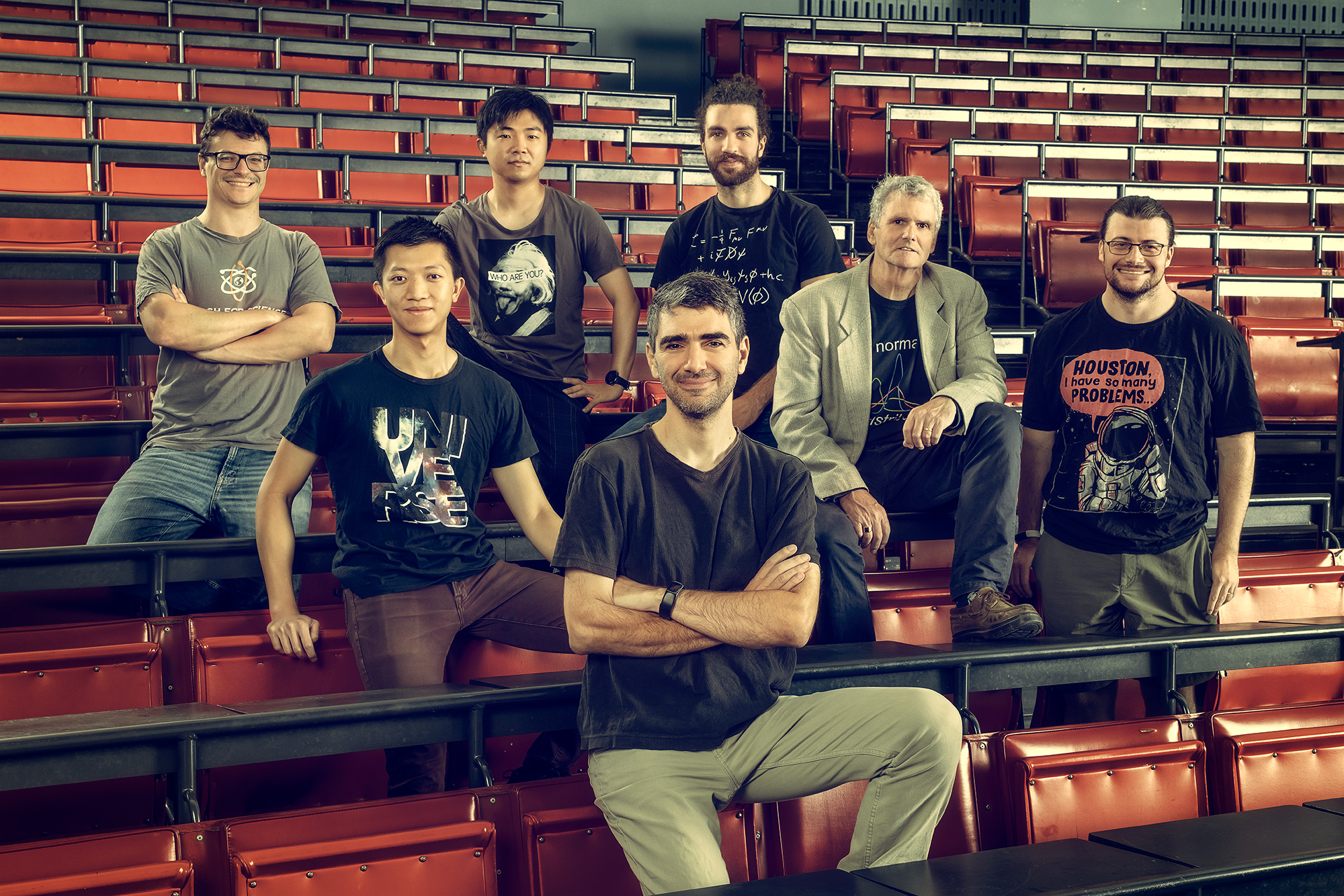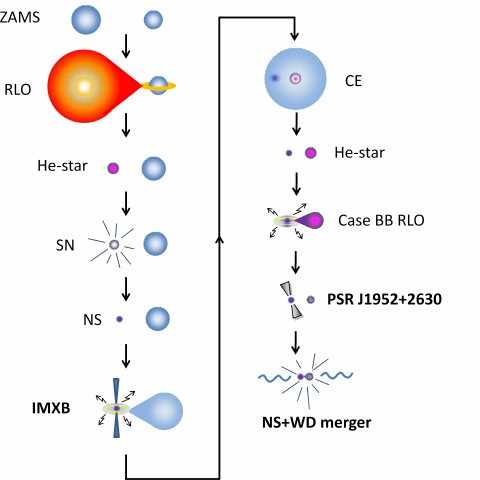Research
Full Publication List: ADS
Orcid ID: 0000-0003-0674-9453
Interests
My research revolves around different aspects of the evolution of interacting binary stars, and the various astronomical observables we can use to constrain our models, such as merging double compact objects, X-ray binaries, pulsars, and the different sub-classes of supernovae.
As a member and core developer of Team COMPAS, I use rapid binary population synthesis (or popsynth) to sample a large parameter space in the binary initial distributions and quickly model the evolution using parametrized approximations to more detailed physics. This approach allows us to determine which evolutionary parameters have the greatest impact on later stages, and which are the most uncertain.

This is an exciting field with much work ahead of it, paralleled by a monumental influx of new multi-wavelength and multi-messenger observational data (often in the form of surveys) that samples interacting binaries at all epochs of their evolution. I am always open to new approaches in constraining binary evolution, so if you have any ideas for a new project or collaboration, please reach out!


